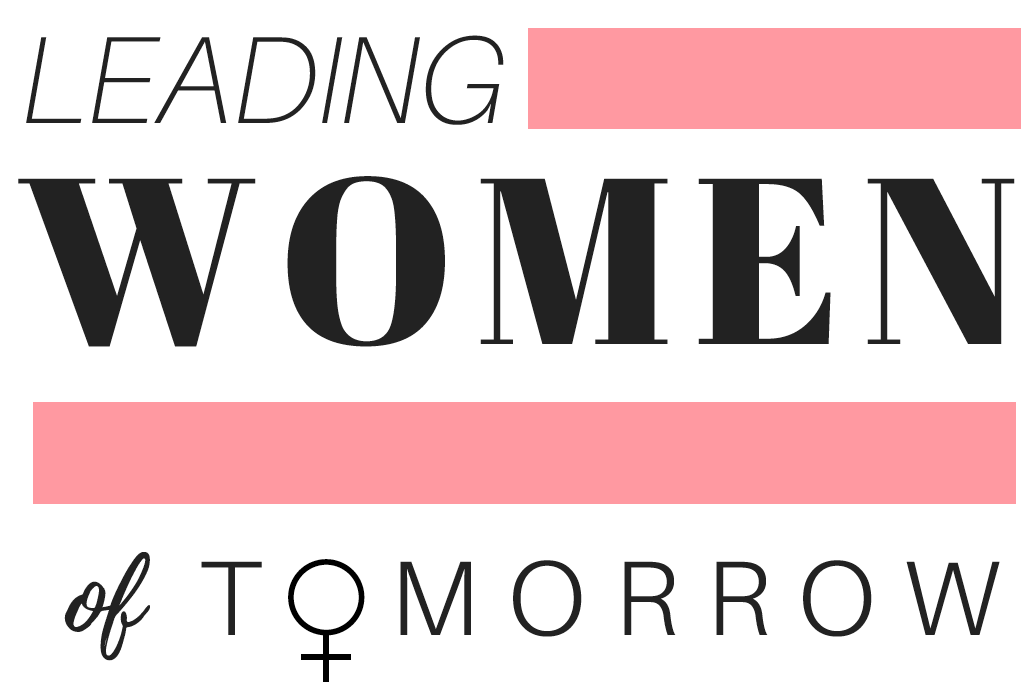On the 60th Anniversary of The Pill, It’s Impact on Women is Still Significant
Source: Natural Cycles
Last week marked the 60th anniversary of the FDA’s approval of what’s known today as the Birth Control Pill. This anniversary landed as the Supreme Court listened to oral arguments over whether or not private, non-profit employers (organizations like the Catholic church, and companies like Hobby Lobby, for example) should be allowed exemptions from regulations requiring them to provide policies for their employees covering reproductive health, on the basis of moral or religious objections. While this argument has been waged since the Obama administration first passed its insurance mandate to provide preventative care and screenings for women (including access to contraception) without copays or cost-sharing, this new conservative leaning Supreme Court is likely to finally allow such exemptions to pass. While this may seem like a small thing for women in general, keep in mind that by the end of an American woman’s reproductive years, more than 80% will have used oral contraceptives for an average of 5 years. How each of these women pay for their contraception varies, but what is universal is the impact that access has had on all women.
In 2010, Bloomberg Businessnews credited access to contraception with one third of women’s wage gains since 1960, while also keeping 35% more women in higher education. By freeing women from the burden of unplanned pregnancy and childbirth, she is able to focus on other facets of life, like higher education, economic and social equality, career development, and advocacy work to close the gender and economic gaps still present in the lives of many women (especially women of color).
Despite these enormous gains, ‘the pill’ is not without its controversies. Concieved by feminist pioneers Margret Sanger and Katherine McCormick in 1916, motivation for their work in reproductive health has been widely questioned in the years since. While their desire to help women control their own fertility - and thus their lives - is not in dispute, correspondence between the women has also suggested a desire to reduce the fertility of ‘dysgenic’ women, namely those impoverished and of color. And, as if to honor these views, early trials of the birth control pill took place on non-American women of color in Puerto Rico, Haiti, and Mexico, often without their knowledge or consent, causing some feminists to accuse ‘the pill’ of being a discriminatory population control mechanism - not unlike the forced sterilization of women throughout history.
To ignore these early ethical questions is to ignore the complex and often sordid history of women’s liberation, but to distill the argument into over simplified catagories like anti-feminist or racist is to dismiss the incredible good the pill has done for all women across all spheres of American life. To further the complexity of the issue, let’s remember that many of the women impacted both by the pill’s controversial history as well as its benefits, are the same women who could soon find themselves paying out of pocket for contraception once covered by their employer provided insurance policy.
While the Supreme Court continues to listen to arguments about moral and religious exemptions, and later, when they weigh the legality of allowing for those exemptions, it’s worth remembering that this is not the first time rules surrounding the bodies of women have been debated by others, nor will it be the last. Perhaps this is an opportunity for women to ask the question why? Why are women’s bodies still up for debate? Why do companies and organizations still have the power to impose morality or religious beliefs onto their employees? Why do we as a nation allow restrictions to health care because of those beliefs? And why has no one created a viable oral contraception option for men?

